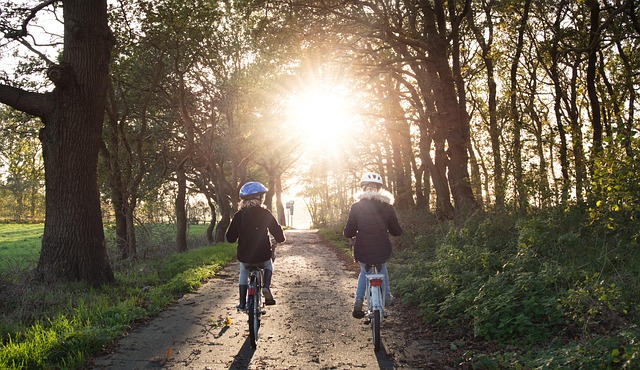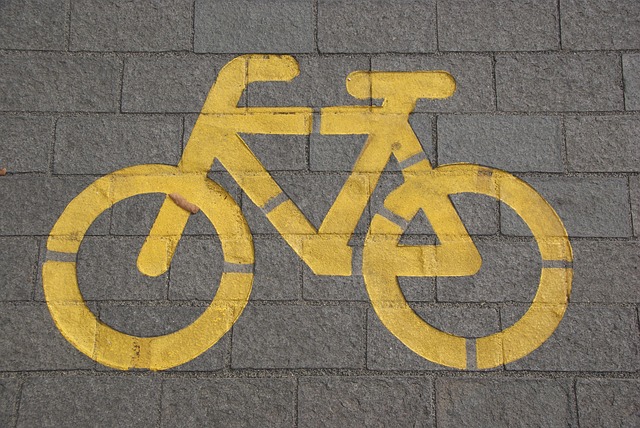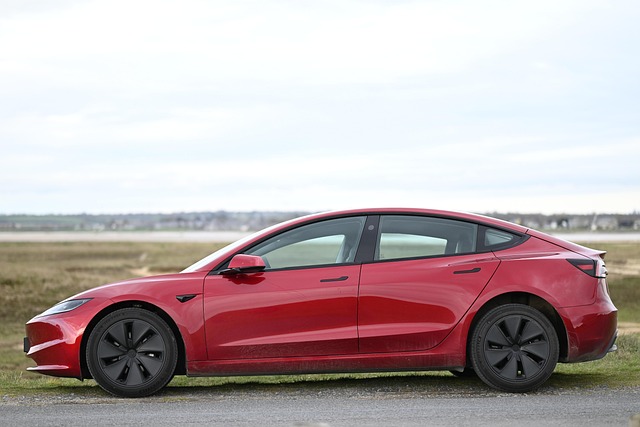In recent years, the push for sustainable transport solutions has become more urgent, and among these, the bike park has emerged as a beacon of hope and innovation, especially in rural development. Bike parks are not just recreational areas; they serve as vital infrastructures that foster community spirit, promote healthier lifestyles, and drive economic growth in rural areas.
Imagine a quaint country road lined with fields and flanked by mountains. Suddenly, you find a well-designed bike park, complete with trails catering to all skill levels—from beginners to seasoned cyclists. Such spaces intuitively invite both locals and visitors to engage with their surroundings while reducing their carbon footprint. The presence of a bike park encourages residents to opt for two wheels over four, making them think twice before reaching for their car keys.
As local authorities invest in bike parks, they also invest in their communities. Access to these facilities promotes physical wellness and mental health, encouraging individuals to spend more time outdoors. In a world overtaken by screens, bike parks become a sanctuary where people can reconnect with nature and each other. Furthermore, they offer opportunities for adventure and leisure, attracting tourists to rural areas that might otherwise remain under the radar.
Economically, bike parks act as catalysts for small businesses. Cafés, bike repair shops, and local art galleries can thrive nearby, providing job opportunities and contributing to the local economy. Tourists looking for unique experiences will often stop at these parks, benefiting rural communities that often struggle to find sustainable income sources. This economic boost can help fund further infrastructure, paving the path for even more development.
Moreover, adopting bike parks aligns perfectly with broader transport sustainability initiatives. By promoting cycling, we decrease reliance on cars, which not only reduces greenhouse gas emissions but also lessens traffic congestion on rural roads. A successful bike park promotes the idea that transportation can be both sustainable and fun, creating a culture of shared responsibility towards preserving our environment.
As we increasingly recognize the importance of sustainable development, integrating bike parks into rural planning becomes essential. They symbolize a harmonious blend of recreation, health, and eco-friendliness, becoming an integral part of community life. By advocating for more bike parks in rural settings, we can take meaningful steps towards a greener future while enhancing the quality of life for many. Let’s pedal forward together!




